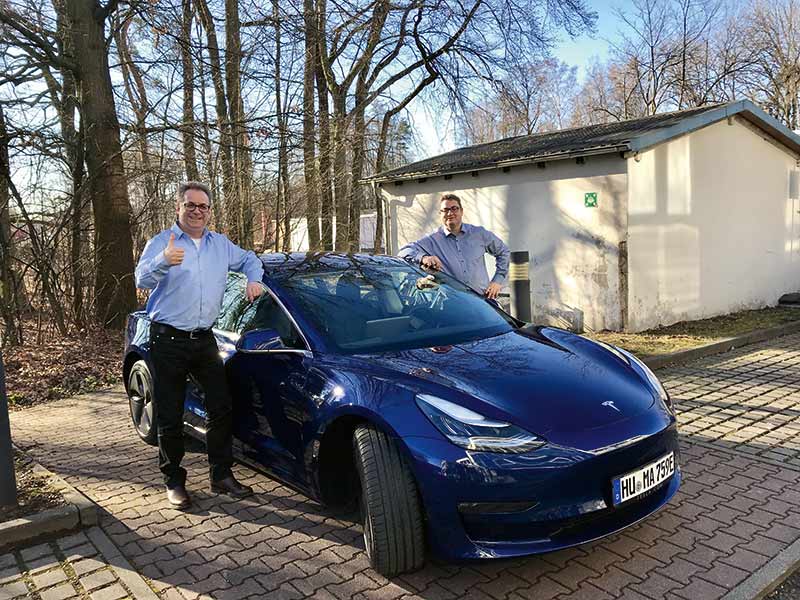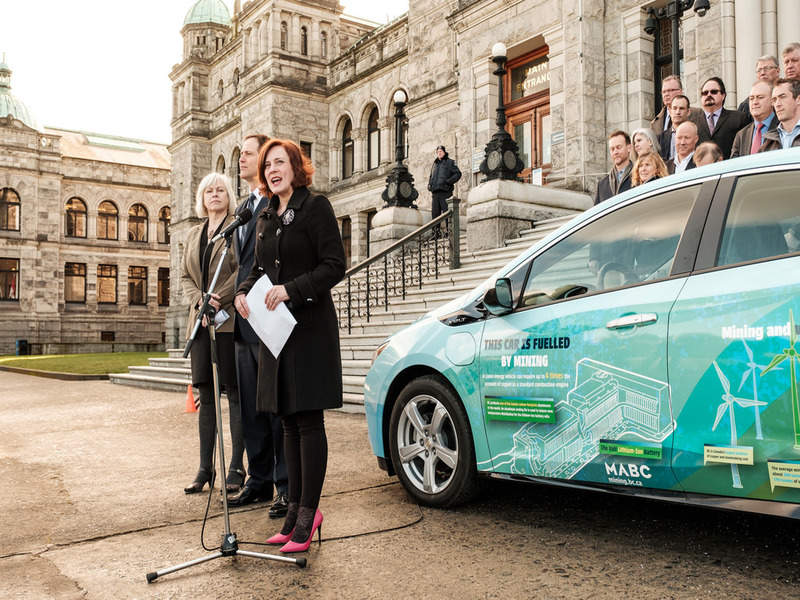The automotive industry is one of the sectors characterized by being in constant search of process optimization and innovation. Thus, digital transformation, understood as digitization and automation of complete workflows is a key factor to remain competitive and adapt to the demand of its users.
In this article, we tell you how the use of solutions that contribute to the process of digital transformation are increasingly essential in this sector.
Digital transformation is today on everyone’s lips, but in many cases we do not have all the knowledge of what it really is and the repercussions it has beyond digital marketing. The integration of innovative tools within the business organization and its internal processes has become essential to achieve the minimum competitiveness necessary to survive in the market.
Current Implementation Coefficient and Future Trends of Industry 4.0″ shows that the automotive sector is leading this digital transformation that all companies are going through. However, although it is true, it warns of the danger that Spanish industry runs of losing its competitiveness due to its slow digitization.
Great acceptance of digital transformation in the automotive industry
On the other hand, each industry has its own characteristics and conditions, which means that this transformation is not done in the same way or with the same speed. The company EY conducted a study on the current state of the automotive sector and highlighted six main drivers of change, including better consumer knowledge in the digital market and the integration of digitization in the value chain.
As for the reluctance to use new technology, it seems that within this sector there is very little. According to the global survey conducted by PWC to managers, 85% expressed their interest in implementing these tools to reach potential customers and were convinced that the investment for these changes will not fall on deaf ears.
The automotive industry has an important weight within the Spanish economy (as in the rest of the world): it represents 10% of the national gross domestic product and offers work to 9% of the active population. That is why it is so important that they do not remain behind and know how to adapt to the technological changes of the moment.
Main tools of digital transformation in the automotive sector
Big data is a reality that many companies know how to use for their benefit and others have not yet discovered the tremendous potential hidden in the data. For example, a connected car is capable of generating 25GB of data per hour. This huge amount of information must be exploited by the company.

For the same reason, companies within the automotive sector must have specialized tools for real-time analysis of all this data, both to know in greater depth the user of the brand and also to identify trends and take full advantage of them.
According to a study by the Federation of Associations of Automotive Dealers, the use of data in the sector will reach the value of $750,000 million in 2030. In addition, the majority of users are interested in data functionalities in order to have a safer and more efficient vehicle.
The technology that has been most prevalent in the industry has been the cloud: half of those surveyed claim to have implemented this technology in some way, usually for the creation of private clouds or the use of software for customer relationship management (CRM).
This digitization of the sector not only brings with it opportunities for growth and improvement, but also entails risks that must be taken into account and assessed and reduced as far as possible. That is why experts advocate an increase in cybersecurity measures and the use of blockchain technology to achieve an autonomous structure of data management, without unwanted gaps.
The Internet of Things (IoT) is a reality that has already been implemented within the automobile and over the years will become the norm within a car. According to Business Insider magazine, the turnover of the connected car market will double in 2021 (from $8 million in 2017 to $15 million in 2021).
Just as we talk about smart cities, we can also talk about smart cars. It is expected that in 2021 there will be more than 94 million smart cars worldwide, 35% more than in 2016.
The application of location intelligence within the automotive sector is also very important in this transformation process and can be applied at the highest levels of the hierarchy in strategic decision making as well as in geomarketing.
Generally, companies in the sector have several brands and, if there is not a clear separation of their strategies and targets, there can be internal competition. Thanks to the penetration data of each one of the brands, captured on a map, the visualization is much clearer, from which the pertinent decisions can be taken.
Brand penetration can also be compared with competitor data and analyze if your company is in the optimal position or if you need to modify some of the strategy to reach the desired goal.
The automotive sector, accustomed to looking for new ways to improve the efficiency of their way of working, is betting very strongly on digital transformation to adapt to the needs of today’s market, which seeks greater customization and adaptation to user demand and greater flexibility in their processes.
These novelties materialize in different ways and parts of the process, from adapting the website so that users can devote more quality time to the purchase decision to tools that allow assessing the penetration of a brand within a territory and make executive decisions based on this information.





